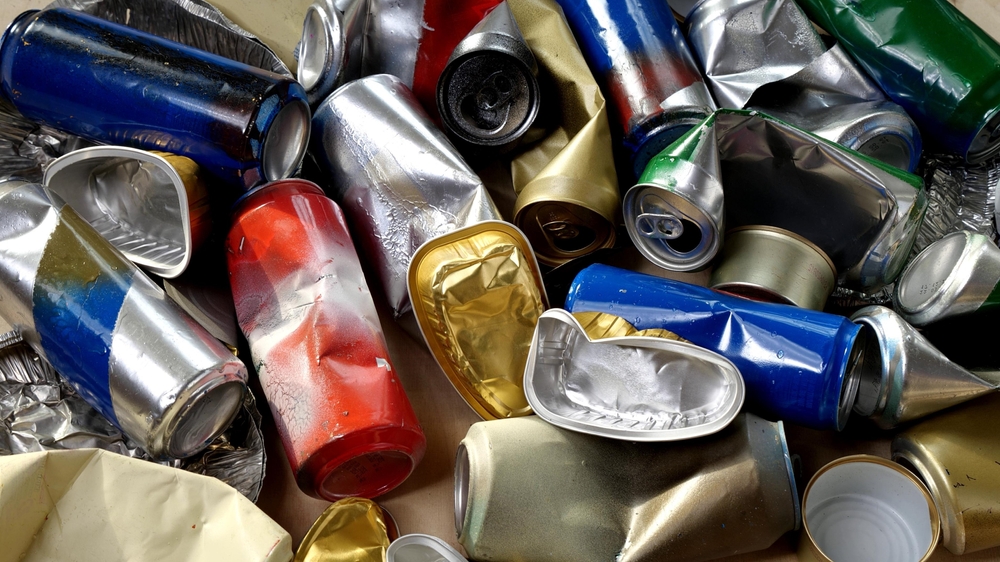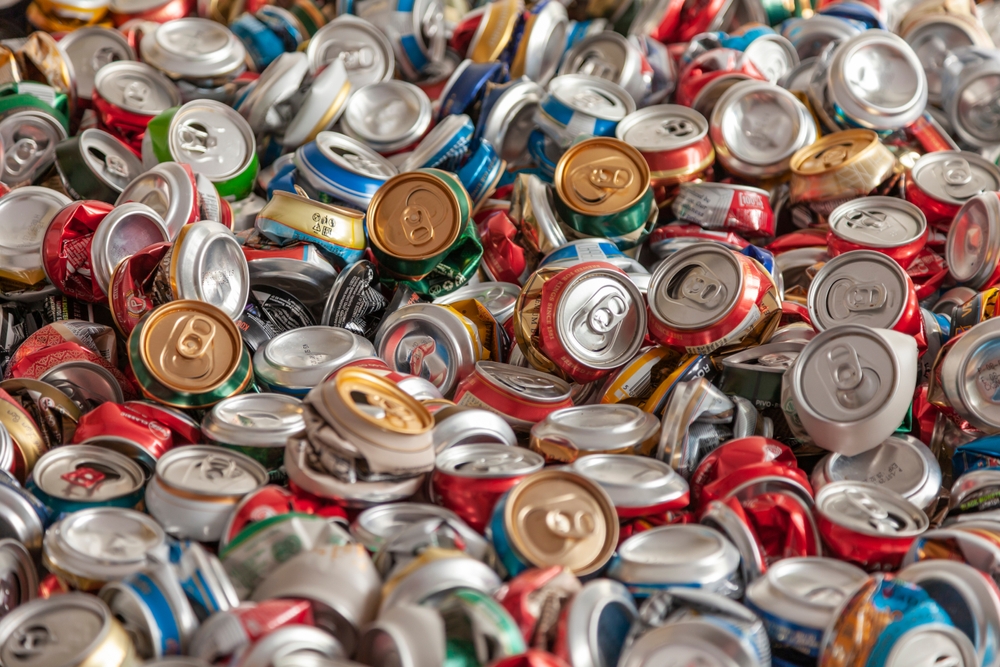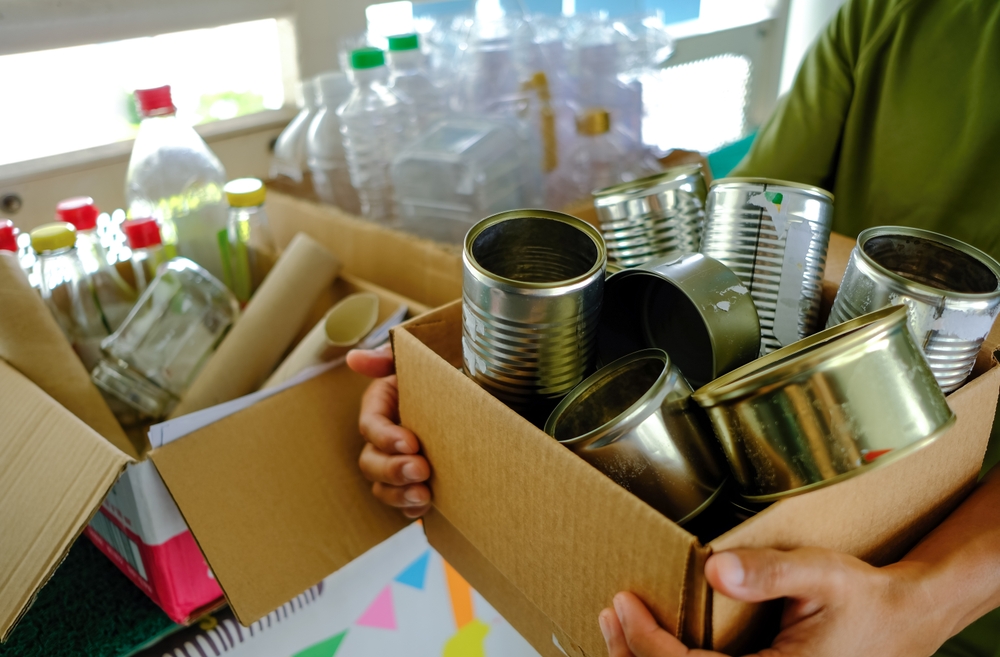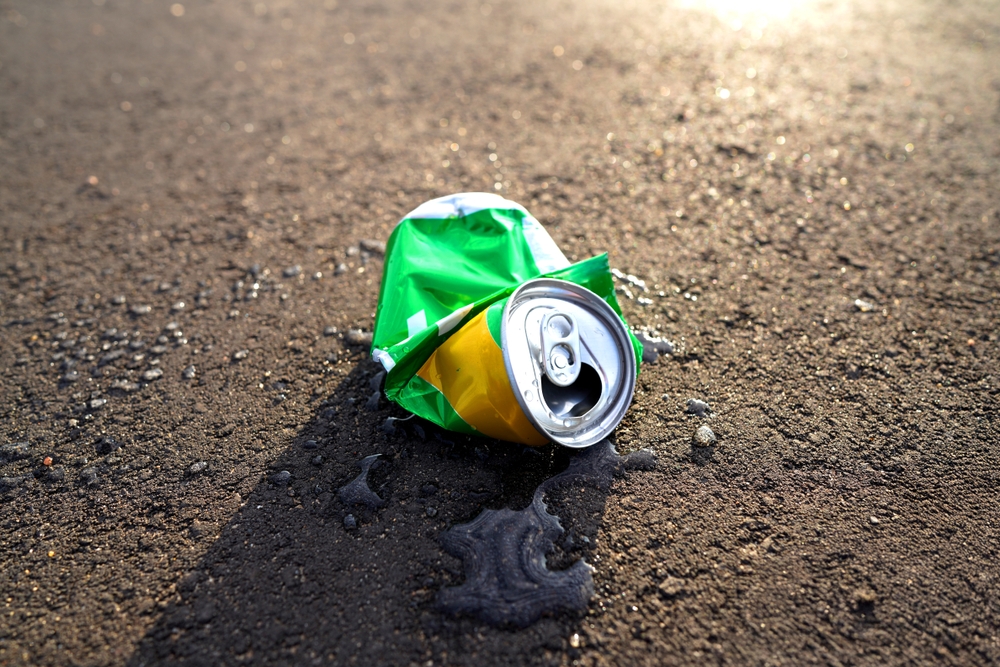The aluminium can recycling process is one of the most efficient and sustainable examples of circular economy in action. Every time you recycle an aluminium can, you’re helping to conserve natural resources, reduce energy consumption, and cut greenhouse gas emissions. What’s even more impressive is that aluminium can be recycled endlessly without losing its quality, meaning the same material can return to supermarket shelves as a brand-new can in as little as 60 days. In Melbourne, recycling centres and scrap metal facilities play a key role in collecting and processing these cans responsibly. For individuals and businesses looking to support sustainability while earning a little extra, choosing to sell scrap metal is an easy and rewarding step. By participating in the aluminium recycling process, you’re not only helping the environment but also supporting local industries and Australia’s broader shift towards a cleaner, greener future.

Understanding Aluminium and Its Unique Properties
Aluminium is one of the most versatile and sustainable materials on the planet, prized for its light weight, strength, and resistance to corrosion. These qualities make it ideal for manufacturing beverage cans, packaging, and countless industrial applications. Unlike many metals, aluminium can be recycled indefinitely without losing its structural integrity or purity, which makes it a cornerstone of the circular economy.
The process of recycling aluminium cans is built around these remarkable characteristics. Because aluminium melts at a relatively low temperature, it can be reprocessed with minimal energy use, around 95% less than producing new metal from raw bauxite ore. This efficiency not only conserves natural resources but also drastically reduces greenhouse gas emissions.
From smartphones and cars to food packaging and construction materials, aluminium’s unique properties ensure it remains one of the most valuable metals recovered through scrap metal recycling in Melbourne and across Australia.

Collection and Sorting – The First Step of the Recycling Process
The aluminium can recycling process begins with efficient collection and sorting. Across Melbourne and throughout Australia, countless households, workplaces, and recycling centres contribute by returning used cans through curb side bins, community drop-off points, or scrap metal recycling facilities. This initial stage ensures that valuable materials are recovered rather than ending up in landfill.
Once collected, the aluminium cans are carefully sorted to remove contaminants such as plastic, paper, or other metals. This is done using advanced technologies like magnetic separation and eddy current systems, which help identify and isolate non-ferrous metals such as aluminium. Proper sorting is crucial, as it guarantees the purity of the recycled material and improves the overall quality of the finished product.
Every correctly sorted aluminium can has the potential to be transformed into a new product within just a few weeks. This closed-loop system not only conserves energy but also promotes sustainability and reduces Australia’s dependence on virgin resources.
The effectiveness of this stage highlights why individuals and businesses alike are encouraged to sell scrap metal and participate in recycling initiatives, every can collected contributes to a cleaner, more resource-efficient future.

Shredding and Cleaning – Preparing Aluminium for Reprocessing
After collection and sorting, the next vital stage in the aluminium can recycling process is shredding and cleaning. Once the cans arrive at the recycling facility, they are fed into powerful industrial shredders that break them down into small, uniform pieces. This makes it easier to remove coatings, paints, and any residual contaminants that could affect the purity of the metal.
The shredded aluminium is then thoroughly cleaned using a combination of mechanical and chemical treatments. These methods strip away any remaining impurities, ensuring that the metal is of high quality and suitable for reprocessing. During this step, materials such as paper labels, ink, and food residues are eliminated, leaving only clean aluminium fragments ready for the next phase.
This meticulous cleaning and shredding process plays a crucial role in achieving a closed-loop recycling system. By maintaining the quality of the recovered metal, recyclers can ensure it retains its strength and properties for reuse. This not only supports sustainability but also helps sell scrap metal at competitive prices, as purer aluminium is more valuable in the recycling market.
Through efficient preparation, aluminium recycling continues to conserve resources and reduce the environmental impact of production.
Melting and Casting – Turning Waste into New Aluminium
Once the aluminium cans are shredded and cleaned, they move to the melting and casting stage, a pivotal step in the aluminium can recycling process. The clean aluminium fragments are loaded into a high-efficiency furnace, where they are melted at temperatures exceeding 700°C.
During melting, impurities rise to the surface and are carefully skimmed off, leaving behind pure, molten aluminium. The refined liquid metal is then poured into moulds or cast into large solid blocks known as ingots. These ingots form the foundation for manufacturing new aluminium products, including cans, car parts, and construction materials.
This process is remarkably energy-efficient compared to producing aluminium from raw bauxite ore. Recycling aluminium uses up to 95% less energy, significantly reducing greenhouse gas emissions and environmental impact. The result is a continuous, circular economy where aluminium retains its quality and value indefinitely.
Through melting and casting, scrap metal is transformed back into a premium, reusable material — a perfect example of how Australians can sell scrap metal responsibly while supporting a greener, more efficient future.
The Environmental Impact of Aluminium Recycling
The environmental impact of aluminium recycling is one of its greatest advantages, making it a cornerstone of Australia’s sustainable waste management practices. Recycling aluminium cans drastically reduces the demand for raw materials, conserving the bauxite ore used to produce new aluminium. This process also prevents the release of harmful greenhouse gases associated with mining, refining, and smelting operations.
One of the most impressive benefits is the significant reduction in energy consumption. Producing aluminium from recycled cans uses up to 95% less energy than creating it from virgin materials. This immense energy saving translates directly into fewer carbon emissions and less strain on Australia’s electricity grid.
Additionally, recycling helps reduce the volume of waste sent to landfill. Aluminium is infinitely recyclable, meaning it can be melted down and reused countless times without losing its quality or strength. Each recycled can represents a small but meaningful step towards a circular economy, where resources are kept in use for as long as possible.
By supporting local recycling centres and choosing to sell scrap metal, Australians can actively contribute to reducing pollution, conserving natural resources, and promoting a cleaner, more sustainable future for the next generation.

Economic and Social Benefits of Aluminium Recycling
Aluminium recycling offers significant economic and social advantages, making it a vital component of Melbourne’s scrap metal recycling sector. By recovering aluminium from used cans, recycling facilities create revenue streams from valuable materials that would otherwise be wasted. The sale of high-quality recycled aluminium supports local businesses and manufacturers, reducing their reliance on imported raw materials and helping maintain competitive production costs.
The process also generates employment opportunities in collection, sorting, processing, and remanufacturing operations, contributing to the local economy. Community involvement in recycling initiatives fosters a sense of responsibility and awareness about sustainable consumption, creating a positive social impact.
For households and businesses, participating in recycling programs and choosing to sell scrap metal offers financial incentives while promoting environmentally friendly practices.
Furthermore, aluminium recycling strengthens Australia’s circular economy by keeping materials in use for longer and reducing landfill waste. By combining economic benefits with social responsibility, the aluminium can recycling process demonstrates how sustainability and profitability can go hand in hand, supporting Melbourne’s vision of a greener, resource-efficient future for both industry and community.
Do You Want to Sell Scrap Metal in Melbourne?
Look no further than Metal Men Recycling for your metal recycling needs. We make selling scrap metal an easy and straightforward process, and pride ourselves on our expertise and customer service.
Get in touch with us by calling 03 5941 6677 or by filling out our online contact form and we will get back to you.
Frequently Asked Questions
What is the aluminium can recycling process?
The aluminium can recycling process involves collection, sorting, shredding, cleaning, melting, and remanufacturing, allowing aluminium to be reused indefinitely without losing quality.
How long does it take to recycle an aluminium can?
From collection to being remade into a new can, the process can take as little as 60 days, making aluminium one of the fastest-recycled materials.
Why is aluminium infinitely recyclable?
Aluminium retains its structural integrity and purity no matter how many times it is recycled, which makes it highly valuable for scrap metal recycling and sustainability initiatives.
How much energy does recycling aluminium save?
Recycling aluminium uses up to 95% less energy compared to producing new aluminium from bauxite ore, significantly reducing greenhouse gas emissions.
Can recycling aluminium cans benefit the community?
Yes. Recycling reduces landfill waste, supports local jobs, strengthens the circular economy, and encourages environmentally responsible habits in households and businesses.

